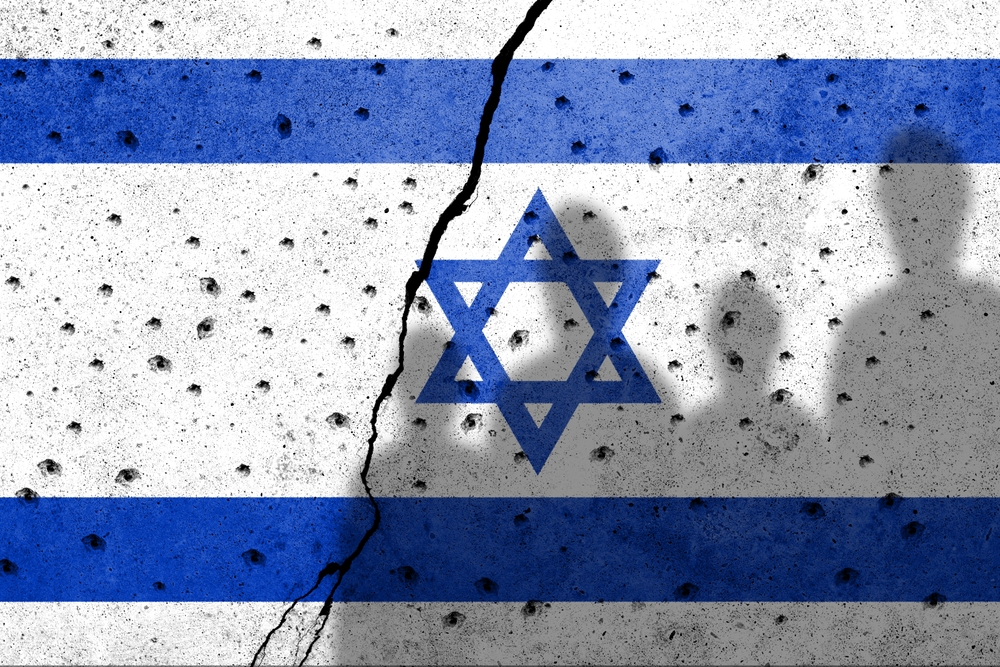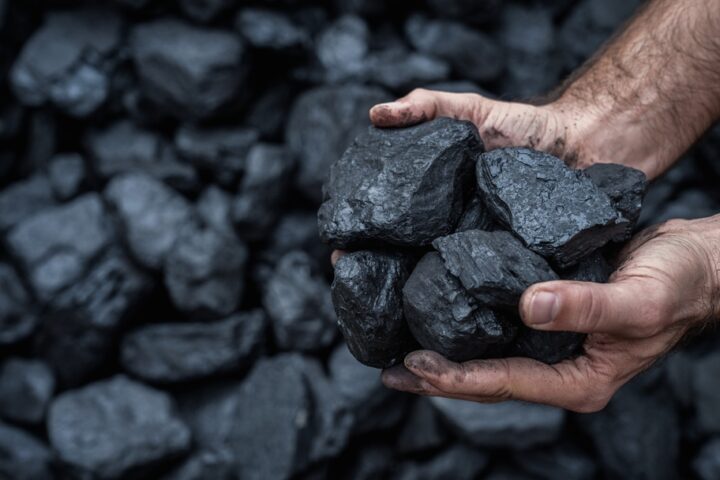Iran launched a significant missile barrage into Israel on Tuesday night, intensifying the already volatile conflict between Israel and Iran-backed Hezbollah and Hamas militias. This marks a critical escalation, raising concerns of a broader regional conflict that could draw in global powers.
The night sky over Israel was lit up by the incoming missiles, triggering widespread air raid sirens and sending millions of Israelis to seek refuge in bomb shelters. The Israeli military quickly responded, deploying its advanced air defense systems, which successfully intercepted many of the projectiles. Despite the intense attack, reports indicate minimal injuries, according to Israeli military spokesperson Rear Adm. Daniel Hagari, who warned, “This strike will have consequences,” though he provided no further details about Israel’s planned retaliation.
A Direct Confrontation Escalates
This attack follows recent Israeli airstrikes targeting Hezbollah leadership in Lebanon. Israel has also ramped up military operations in southern Lebanon to counter Hezbollah’s persistent rocket attacks, which have continued unabated since the Gaza war flared up. Tuesday’s missile assault marks one of the most direct confrontations between Israel and Iran in recent years. Though both nations have long engaged in a shadow conflict through proxies like Hezbollah and Hamas, this incident brings their confrontation into sharper focus.
Earlier on Tuesday, tensions were further exacerbated by a deadly shooting in Tel Aviv, which claimed six lives. In response, Israeli forces carried out airstrikes in Lebanon, prompting Hezbollah to fire additional rockets at Israeli military targets.
Potential for Broader Regional War
As the conflict intensifies, there are rising concerns that the Middle East could be on the brink of a wider war. The United States, which has previously warned Iran against direct military action, is closely monitoring the situation. President Joe Biden and Vice President Kamala Harris were reported to be following developments from the White House Situation Room, with U.S. officials reiterating promises of “severe repercussions” if Iran escalates its involvement further by directly targeting Israel.
The ongoing conflict between Israel and Hezbollah has historical roots, most notably in the 2006 war that caused widespread destruction and loss of life. However, the current fighting could surpass previous confrontations, given Hezbollah’s large arsenal of rockets and tens of thousands of fighters. Despite suffering heavy losses, including the deaths of key commanders in Israeli airstrikes, Hezbollah has shown no signs of backing down, continuing to launch attacks on Israel.
Global Response and Evacuations
As tensions mount, European nations have begun evacuating diplomats and citizens from Lebanon, signaling fears that the conflict could spiral out of control. The possibility of a broader regional war has international actors on high alert, particularly as Hezbollah remains steadfast in its resolve, and Israel prepares for what could be a significant military response.
The escalating conflict between Israel and Iran-backed forces marks a critical juncture in the region, with the potential to not only reshape the geopolitical landscape of the Middle East but also draw in global powers in a prolonged and dangerous confrontation.





